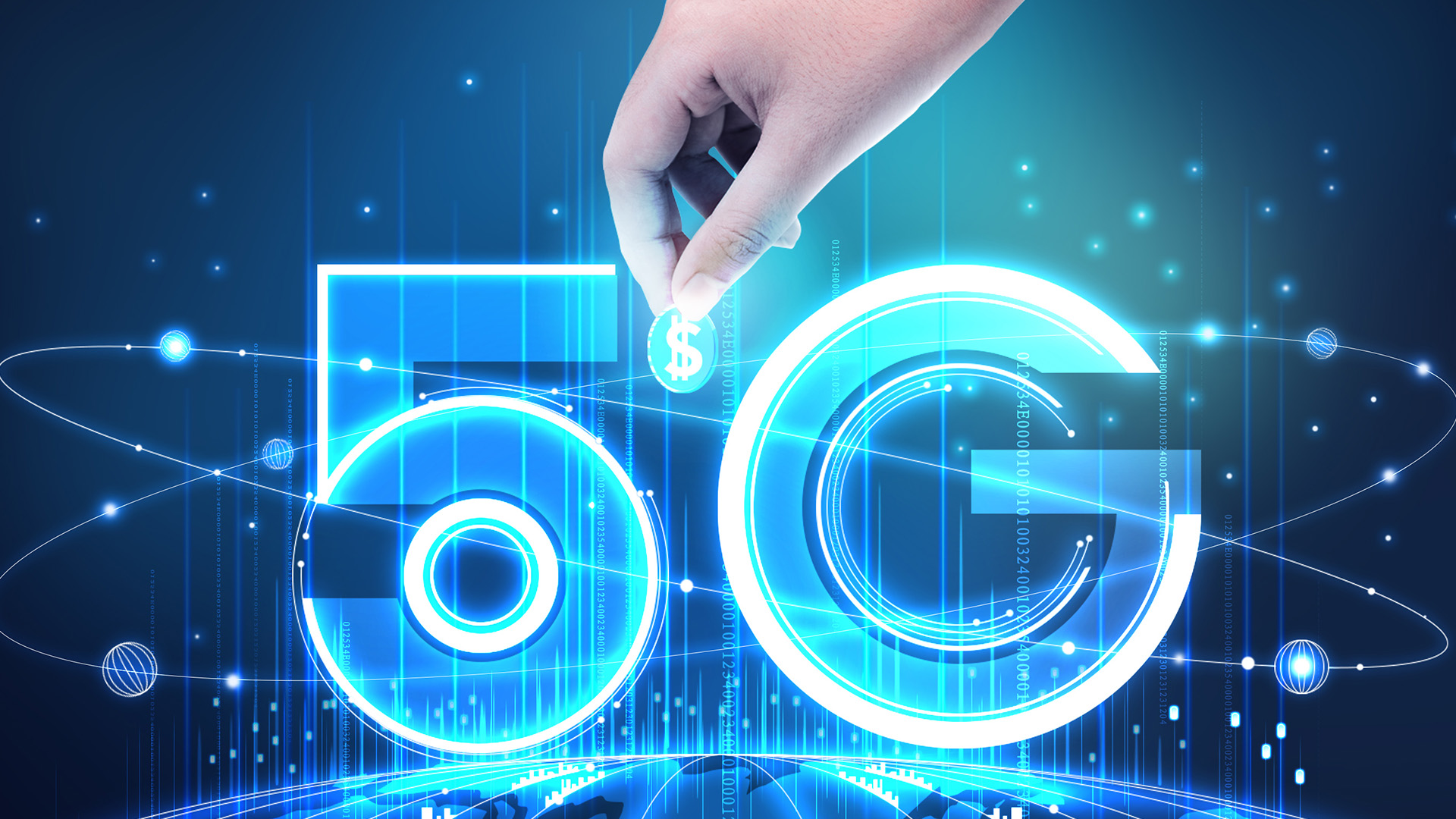How 5G Will Revolutionize IoT Capabilities

How 5G Will Revolutionize IoT Capabilities

In India, the advent of 5G not only accelerates digitization at the grassroots level, but also provides opportunities for consumers to gain economies of scale. A recent study conducted by the GSMA has indicated that 5G has the potential to contribute $455 billion to the Indian economy between 2023 and 2040. Its integration is expected to generate new value through "hyper-connectivity" and become a driving force for the digital transformation of various industries in India. Key industries such as healthcare, manufacturing, infrastructure, retail, energy and utilities are expected to benefit from the widespread deployment of 5G technology.
5G is a business enabler
As customers increasingly expect real-time and personalized interactions, 5G can provide the foundation to meet the customer experience demands of competitive industries. In addition, it has the potential to significantly accelerate technological progress. The combination of 5G and intelligent automation can introduce innovative solutions that support equipment management, monitoring and maintenance.
Industries such as manufacturing, construction, transportation, aviation, healthcare, logistics, banking, telecommunications, media entertainment, and wearable electronics will benefit greatly from the reliable, fast, and secure connections that 5G will provide. With its low latency, enterprises even have the flexibility to move part of their operations to second-tier cities or share infrastructure to suit their economic needs. The convergence of 5G and IoT will play a key role in driving the Industry 4.0 revolution.
Enhancing IoT Capabilities
Recognizing the mission-critical nature of the Internet of Things, a reliable and stable network is crucial, as a poorly performing network can impose significant costs on businesses. This is essential for linked devices, such as surveillance systems that rely on real-time updates, such as locks and security cameras. 5G offers faster communication channels, up to several gigabits per second. As a result, devices can better coordinate and complete tasks. Thanks to its large bandwidth, it is possible to connect to many devices while maintaining quality.
The implementation of 5G gives IoT service providers a competitive advantage in delivering a seamless user experience. Today, numerous organizations across industries, from data-driven traffic control systems to energy management and even smart waste management, are considering IoT as a solution in conjunction with 5G. According to Meticulous
According to Research, from 2023 to 2030, the 5G Internet of Things market is expected to grow at a compound annual growth rate of 47.6%, reaching $17.68 billion. Some notable use cases include smart cities, autonomous vehicles, medical applications, surveillance, public safety, immersive e-commerce, broadcast and OTT entertainment.
How can the integration of 5G and IoT improve business outcomes?
The Asia-Pacific region is expected to be the second fastest-growing hub for 5G networks, accounting for approximately 10% of the global subscriber base. This revolutionary advance in the customer domain will also go beyond the industrial sector, driving the widespread adoption of 5G in IoT devices.
According to an article in The Times of India, it is estimated that 500 billion IoT devices will be integrated with 5G technology in the near future. This number includes sensors, actuators, scanners and medical devices, etc., providing a large number of options for all sectors to integrate and utilize. In the healthcare industry, the advent of 5G and IoT could enable remote monitoring and diagnosis of patients, significantly improving the quality of care and reducing the need for in-person visits. Likewise, in the retail industry, 5G-enabled IoT devices can provide a personalized customer experience and improve inventory management, thereby helping to increase sales and increase customer loyalty.
Furthermore, the integration of 5G and IoT has the potential to enhance new business models and unlock revenue streams.
By enabling businesses to collect and analyze large amounts of data simultaneously, this integration can provide a deeper understanding of customer behavior and preferences, facilitate the development of new products and services, and allow for personalized experiences tailored to individual needs. The possibilities are endless.
extra layer of security
With the stable and reliable level of connectivity of a dedicated 5G framework, businesses can establish more efficient workflows. Unlike Wi-Fi, private 5G networks offer enhanced security, providing a basic layer of protection. The dedicated 5G network strengthens network endpoints and ensures secure data transmission through features such as hardware security modules, key management services, and security components. The combination of reliable connectivity and advanced security enables businesses to optimize workflows while protecting sensitive information.
Common Challenges and Solutions
While 5G promises to revolutionize digital transformation, it is also important to address the vulnerabilities it presents. According to a 2021 AT&T survey of 1,000 security practitioners around the world, only 9% expressed confidence in their 5G security posture.
The interconnected nature of IoT exposes it to security breaches. Protecting data and devices requires implementing encryption, authentication and access control mechanisms. Another challenge is the huge investment in deploying 5G and IoT infrastructure. Cost-effective solutions include leveraging cloud-based IoT platforms and partnering with efficient service providers.
To take full advantage of the benefits of 5G and IoT, it is critical to upskill employees. Best practices include staff training and education, outsourcing to experts, and collaborating with industry groups to share information and drive innovation and growth.
The impact of 5G on the Internet of Things is revolutionary, and the convergence of these technologies holds great promise. Looking ahead, the arrival of 6G technology is inevitable, offering faster speeds, lower latency and more advanced features. 6G will create a new era of data technology based on the foundation laid by 5G.